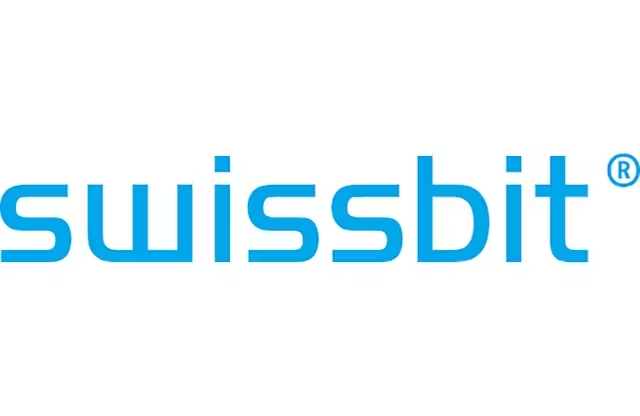
Build Long-Lasting Relationships with Your Ideal Target Customers
We cut through the noise of generic mass outreach with tailored strategies that create trust and build strong connections with your ICP
Trusted by 100+ companies












Built for the Long Run
In any market, only about 3% of potential buyers are actively looking for your solution right now, while another 7% are open to it. The majority—90%—are not ready to buy immediately.
Traditional direct sales approaches focus only on that small active segment (10%), leaving the rest untouched.
However, with the right strategy in place you can build relationships with the bottom 90% and engage until they are ready to buy.
3 Proven Strategies: How to Build Long-Lasting Relationships Across All Buyer Segments
Approach: Rather than relying on traditional mass outreach, we focus on co-creating valuable content with key stakeholders. This strategy is designed to engage the 90% of your audience who aren’t yet ready to buy. Leveraging our creative approach we position your brand as an industry thought leader, fostering trust, and establish deep connections with potential customers.
Benefit: Builds trust through authentic and high-value content, enhances brand authority, and boosts engagement. Co-creation fosters stronger relationships and can generate ongoing leads through sustained, organic reach.
Content Co-Creation Strategy
Partnership Development Strategy
Approach: We collaborate with companies that already engage your target audience. This strategy targets both the 7% of prospects who are open to buying and a portion of the 90% who are not immediately looking, helping you earn trust and gain warm introductions to ideal prospects, creating a pathway to meaningful connections.
Benefit: In-depth understanding of each stakeholder’s ability for an efficient partner activation (scaling potential and impact).
Direct Sales Strategy
Approach: Using AI-driven, personalized outreach, we engage decision-makers directly to connect with the 3% of active buyers, generating targeted meetings and driving high-quality engagement to build immediate relationships with your ideal customers.
Benefit: Accelerates sales cycles, and allows for real-time feedback. High-impact for closing deals quickly and ideal for conversions when you have well-defined value propositions.
Automation That Empowers Relationships: How Our Software Supports Your Sales Team
Our approach isn’t just about strategies—it’s about using the right technology to free your sales team from time-consuming manual tasks.
That’s where our Leadhunt.ai comes in.
It automates the top of the sales funnel, allowing your sales team to focus on what truly matters: building relationships and participating in high-value meetings with potential customers.

Leadhunt.ai automates the initial outreach and engagement process in
3 key steps:
Identifying Ideal Prospects
It finds the right people in the right companies based on your specific ideal customer profile (ICP).
Creating Conversations
Automated outreach messages are personalized to spark meaningful conversations, capturing the interest of your target audience.
Appointment Setting
Responses are managed to seamlessly convert interested prospects into booked meetings, allowing your sales team to engage with qualified leads.
Beyond Software: How We Support Our Customers for Lasting Success
We provide a range of services designed to ensure long-term success
and continuous improvement in your outreach efforts:
Workshops & Strategy Consulting:
Tailored workshops and strategic consulting to align your outreach approach with your specific goals and target audience.
Ongoing Campaign Management & Improvement:
Continuous monitoring and optimization of your campaigns to maximize effectiveness and adapt to changes in the market.
Dedicated Sales Development Representative:
A dedicated SDR focuses on nurturing leads and managing responses, ensuring seamless transitions from initial outreach to qualified meetings.Content Marketing Specialist:
Co-creating engaging content that resonates with your audience, positioning your brand as a trusted industry thought leader.
Proven Expertise Across Industries
-
162+ Projects
More than 162 successful projects worldwide, tailored for businesses aiming to scale effectively.
-
50+ Clients
More than 50 active clients trust us to drive their growth, with a presence in DACH, Nordics, Benelux, the U.S. and beyond.
-
30+ Industries
More than 30 B2B industries served, including Manufacturing, Technology, Software, and Professional Services.
















